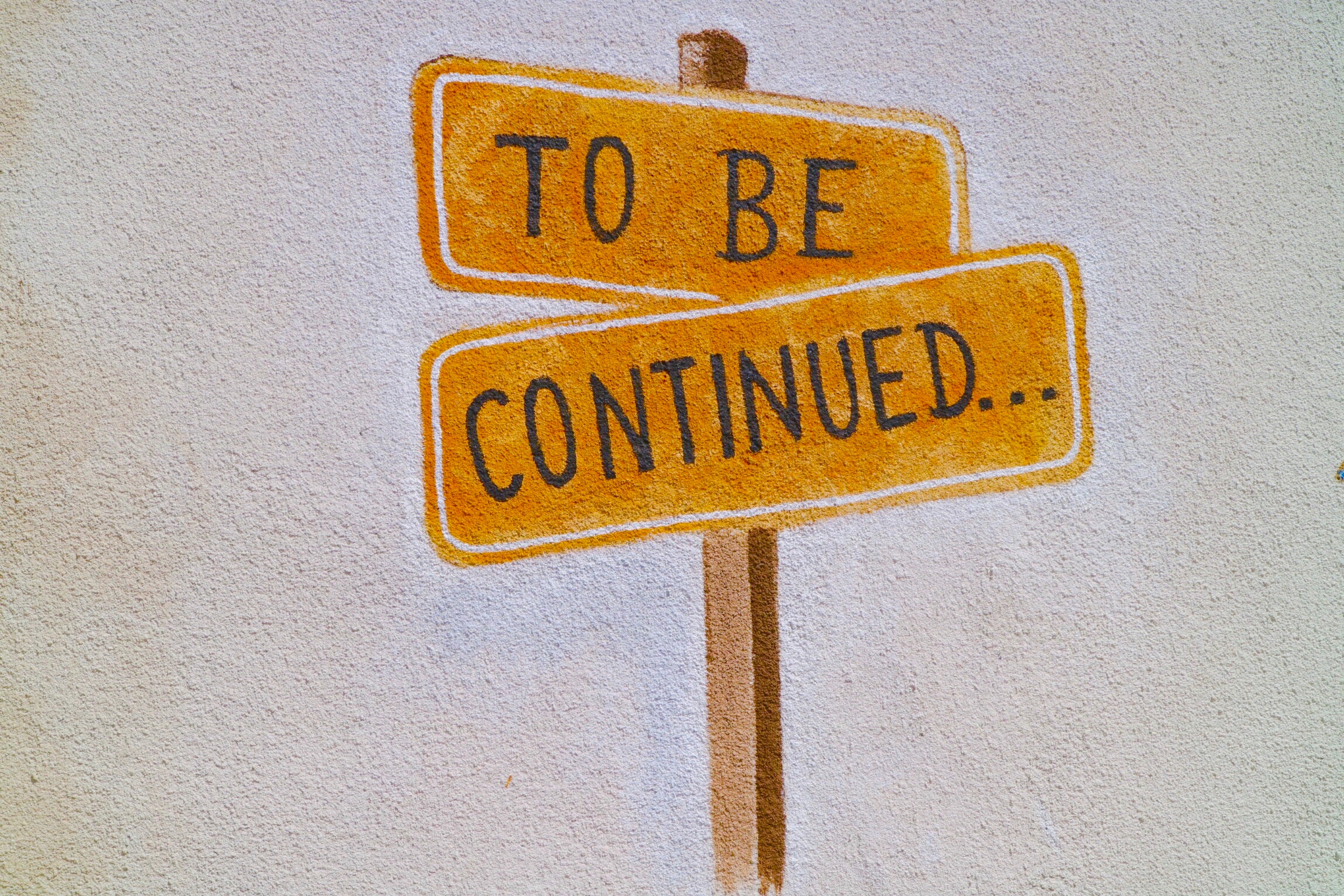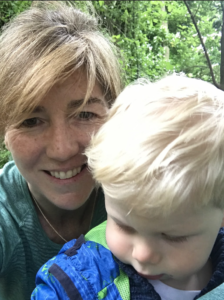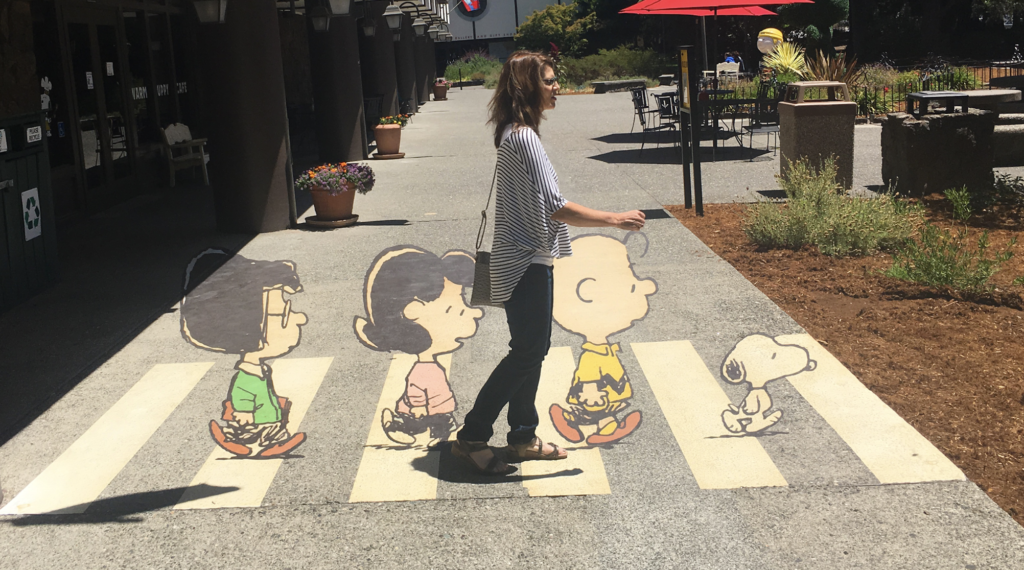The Art of Suspense in Business Storytelling

Stories. Suddenly, everyone is telling them. Chief marketing officers want to hire, not just writers, but storytellers. Multinational corporations now have chief storytelling officers. Nike. Virgin. Accenture, Microsoft, Google, SAP, and Salesforce, among others. The most popular TED talks are really just stories in disguise.
Everyone is jumping onto the bandwagon. Do a quick Google search and you’ll get plenty of listicles of “5 Essential Tips For Business Storytelling,” and “How To Tell A Great Business Story.” These articles trot out the usual platitudes:
-Yes, human brains are wired to hear, process, and remember stories
-Yes, if executives told stories rather than presenting their ubiquitous PPT decks, they’d engage audiences more fully
-Yes, authenticity is key to good storytelling
And so on. These platitudes are not untrue, they’re just not especially …helpful… when you’re trying to write a story.
Suspense is the heart of story
No one talks about the main ingredient of a true story. That ingredient is suspense.
Suspense is foundational. Without it, you don’t have a story.
And you certainly don’t have an engaged audience.
The reason you need suspense is that you have to keep your audience wondering what will happen next. If you don’t, you lose them. Period.
I’ll let someone much wittier take over here. The English writer E.M. Forster gave a brilliant series of lectures on writing at Trinity College, Cambridge, back in 1927. He said that the need for suspense goes back to the very origins of humanity—and cautioned about the risk to storytellers who don’t wield the weapon of suspense skillfully:
“Neanderthal man listened to stories, if one may judge by the shape of his skull. The primitive audience was an audience of shock-heads, gaping around the campfire, fatigued with contending against the mammoth or the wooly rhinoceros, and only kept awake by suspense. What would happen next? The writer droned on, and as soon as the audience guessed what happened next, they either fell asleep or killed him.”
Today’s business audiences are more likely to yawn and check their phones if suspense is missing from a story. But Forster’s basic premise about human behavior hasn’t changed for hundreds of thousands of years.
How to create suspense
And here I’ll save you $50,000 and two years earning your MFA in fiction-writing by telling you how to create suspense. How to make your listener hang onto every word you say or write.
First, let’s analyze suspense. What is its literary definition? Partial knowledge that something of dramatic significance is about to happen.
In other words, you tell your audience some things—but not others—about what’s going to happen in your story. You hint (there are many ways to do this) that you will reveal something important soon. You have them hanging onto your words to find out what that something is.
It’s important to note here that suspense is different from surprise. Surprise is when the boogey man jumps out of your closet. Suspense is when you’re alone in a quiet house and hear the floorboards creak downstairs. Partial knowledge.
Or, to put a business spin on it, suspense is the time leading up to a major product release, when you tease your audience by giving them tidbits about problems in development, feuds among your teams, seemingly insurmountable technical barriers, etc. You’re giving them partial knowledge and they know it is leading up to a dramatic event: the success (or failure) of the release. They are on edge, intensively interested in finding out what happens next.
See how much more interesting that is than simply saying, “It took us longer than we thought, but we finally got Widget 2.0 to market”?
Of course, there are variants and twists on suspense. If we are only motivated to continue reading (or listening) to stories because of suspense, why are articles (or books) about people or events about which we already know the ending still so satisfying (think of recent best-sellers Steve Jobs or The Big Short)?
Ah, good question class! But that’s the subject of a different blog. This is complicated terrain. But well worth exploring.
Reach Out
Be Social
Content Marketing
Next In AI
Use AI to Inspire Your Writing: 7 Tips to Spark Creativity
Explore 7 tips to fuel your writing with AI, from sparking creativity to enhancing your style with Eve Connell's expert...






























